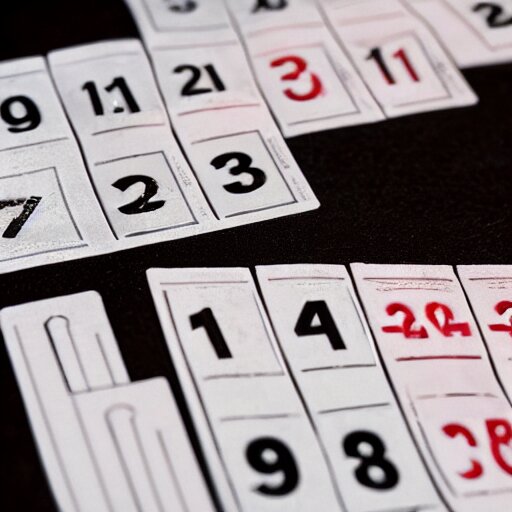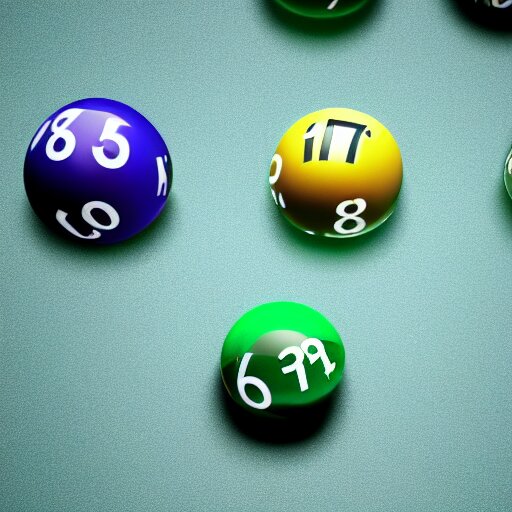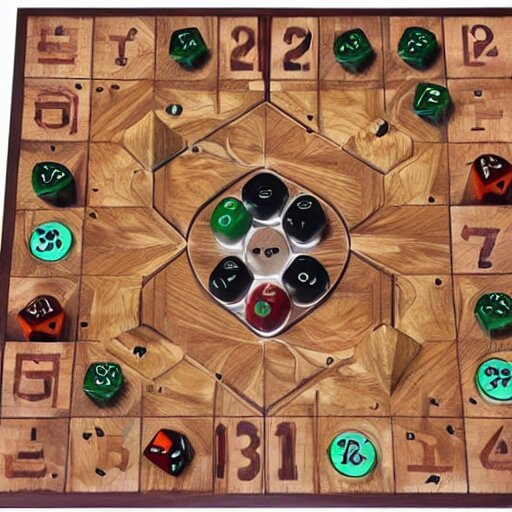#computer-science
Created at 2023-01-06
# [Anonymous feedback](https://www.admonymous.co/louis030195)
# [[Epistemic status]]
#shower-thought
Last modified date: 2023-01-06
Commit: 0
# Related
- [[Computing/Hardware/TPU]]
# TODO
> [!TODO] TODO
# The Hardware Lottery
> Hardware, systems and algorithms research communities have historically had different incentive structures and fluctuating motivation to engage with each other explicitly. This historical treatment is odd given that hardware and software have frequently determined which research ideas succeed (and fail). This essay introduces the term hardware lottery to describe when a research idea wins because it is suited to the available software and hardware and not because the idea is superior to alternative research directions. Examples from early computer science history illustrate how hardware lotteries can delay research progress by casting successful ideas as failures. These lessons are particularly salient given the advent of domain specialized hardware which make it increasingly costly to stray off of the beaten path of research ideas. This essay posits that the gains from progress in computing are likely to become even more uneven, with certain research directions moving into the fast-lane while progress on others is further obstructed.[^1]
The research communities of hardware, systems and algorithms can be compared to a lottery, in which certain research ideas can "win" due to luck rather than merit. This essay introduces the concept of a "hardware lottery" to explain the phenomenon of research ideas succeeding or failing due to the available software and hardware, rather than their inherent value. Historical examples from early computer science illustrate how hardware lotteries can impede progress by deeming successful ideas as failures. With the introduction of domain-specific hardware, these lotteries become increasingly difficult to win, with certain research directions becoming increasingly advantaged over others. This essay posits that the gains from progress in computing are likely to become even more lopsided, leading to greater disparity in the success of research ideas.
- [[Computing/Intelligence/Machine Learning/Academy.md]]
- [[Computing/Software Engineering/Most computer programs are fragile.md]]
- [[Business/You are a lottery ticket.md]]
- [[Computing/The Internet.md]]
- [[Computing/Distributed strategies in nature are the laws of physics.md]]
![[1673018718299__a_8K_resolution_landscape_displaying_a_lottery__with_a_modern_city_background__rendered_in_Octane__.jpg]]
## Game

Imagine you are playing a game where you have to pick a number between 1 and 10. You don't know which number will win, but you have a feeling that the number 7 might be lucky. So, you decide to bet on the number 7.

However, the game has a twist: the number that wins is not determined by chance, but by the color of the game board. If the board is green, the winning number is 3. If the board is red, the winning number is 5. If the board is blue, the winning number is 7.

In this game, the color of the board (i.e., the hardware) determines the winning number (i.e., the research idea). If the board is blue, your bet on the number 7 will win, even if there might have been other numbers that were just as good or even better choices. On the other hand, if the board is green or red, your bet on the number 7 will lose, even if it was a strong choice.
[^1]:https://arxiv.org/abs/2009.06489